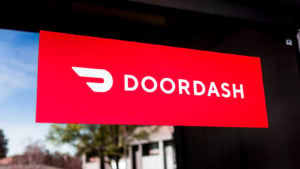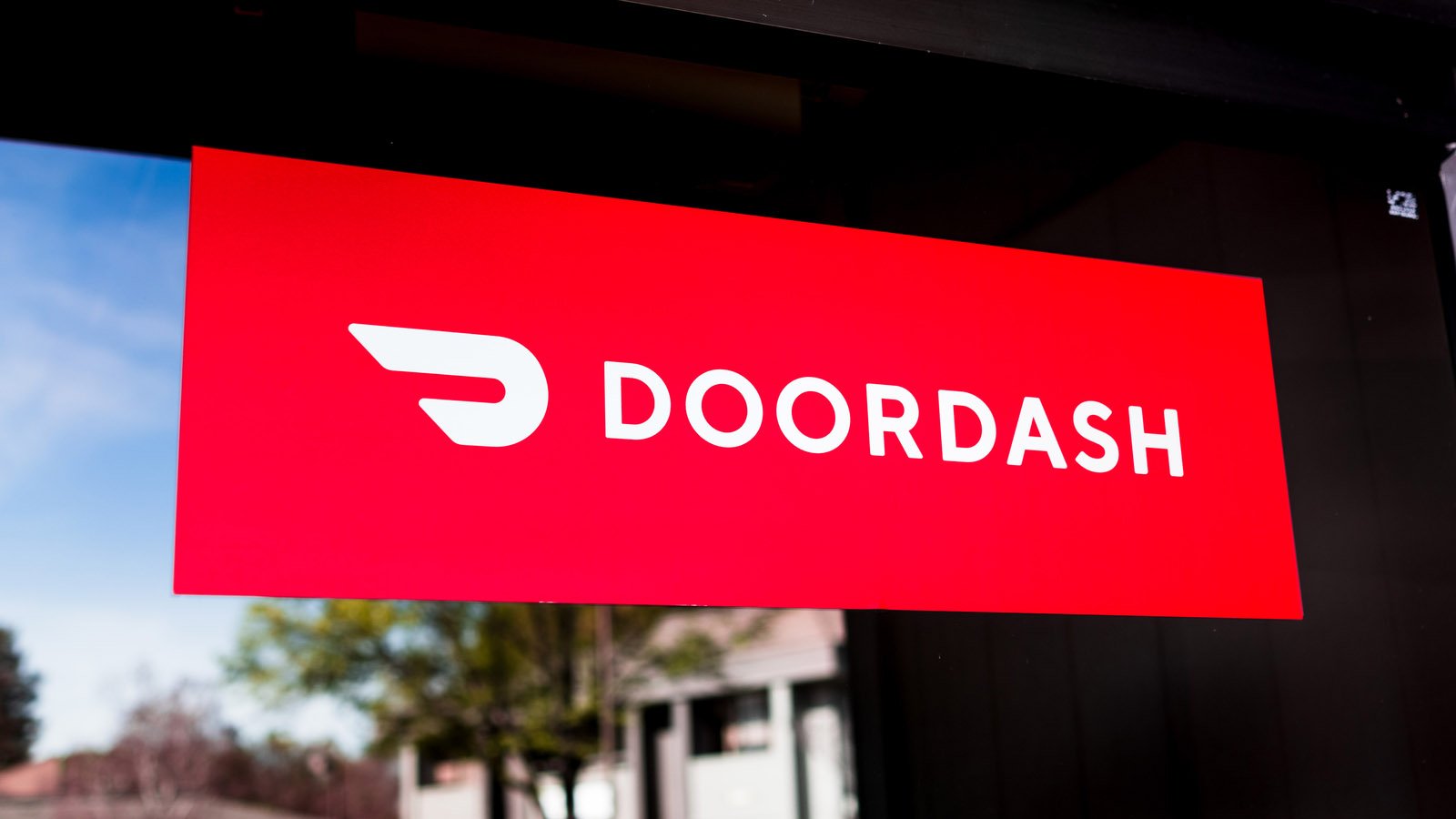Last week, new tech IPOs made a lot of headlines.

DoorDash Inc. (NYSE:DASH) soared 86% on Wednesday in its first day of trading.
Airbnb Inc. (NASDAQ:ABNB) more than doubled during its Thursday initial public offering.
And then those stocks quickly dropped as analysts expressed skepticism about those big rallies.
This isn’t an isolated phenomenon.
According to research from University of Florida Professor Jay Ritter, this year’s new tech IPOs have been valued at a median of nearly 24 times the revenue they reported in the trailing 12 months.
In a typical stock market environment, 24 times revenues would be a “crazy” valuation. And even now, I doubt that sort of valuation is completely sane.
But any regular reader of Smart Money knows crazy valuations like these are a direct manifestation of the phenomenon we’ve dubbed the “Technochasm.”
This divide between the cash-poor, old-school companies, which have been struggling for years, and the cash-rich, forward-looking companies, which can weather many storms, has only widened over the past year.
If you accept my thesis and believe that such companies are disproportionately dominating the market as technology becomes an increasingly important part of our lives, then it’s easy to see why investors are clamoring to buy hot tech IPOs … and paying almost any price for the opportunity.
But unless you’re a thrill-seeking risk-junkie, these tech IPOs are probably not the best way to take advantage of the Technochasm.
As the Wall Street Journal notes:
Valuations of recent IPOs are at their highest levels since the dot-com bubble, relative to the companies’ revenue, sparking concerns among investors about the level of froth.
The result has been that the market capitalizations of many money-losing upstarts have become larger than giant, highly profitable stalwarts of corporate America.
DoorDash is valued at $56 billion, just shy of General Motors Co. (NYSE:GM). Airbnb is worth over $83 billion, more than FedEx Corp. (NYSE:FDX). Cloud-software company Snowflake Inc. (NYSE:SNOW) is worth over $100 billion, more than Goldman Sachs Group Inc. (NYSE:GS).
I’m not going to argue that investors are making huge mistakes by buying these hyped-up stocks. Time will tell us whether these newly public companies can live up to the hype.
But just because the Technochasm can explain the success of these new IPOs doesn’t mean they’re the best way to capitalize on the trend.
So instead of playing the risky game of IPO investing, today let’s take a look at the way the pandemic has benefited tech companies like DoorDash.
Plus, I’ll tell you about my top pick for capitalizing on this ongoing economic trend …
The Pandemic’s Effects Are Here to Stay
It’s no secret that the way to thrive during the COVID pandemic, even as we’re starting to see vaccines distributed, is to have a business that can operate without face-to-face interactions.
Once the coronavirus struck, nearly every industry or profession that involved direct human interaction found itself with a shutdown order … and zero revenues.
From hairstylists to dentists, from cable installers to bowling coaches, the inability to transition from the physical mode of business to a virtual mode caused extreme loss of livelihood.
Those businesses that could continue operating, on the other hand, thrived.
And restaurants, which will always involve some degree of face-to-face interaction, had to find some way to get their food to customers.
Enter DoorDash.
The San Francisco-based company provides restaurants a delivery solution that doesn’t require hiring more employees, setting up a new website, or even answering phone calls. It makes money by taking a cut of every delivery order.
DoorDash is well aware of how much the pandemic has accelerated its growth. As TechCrunch writes:
Even more, elsewhere in its filings DoorDash states plainly that COVID-19 led it to experience “a significant increase in revenue, Total Orders, and Marketplace [gross order volume] due to increased consumer demand for delivery, more merchants using our platform to facilitate both delivery and take-out, and improved efficiency of our local logistics platform.” The company then went on to warn investors that the “circumstances that have accelerated the growth of our business stemming from the effects of the COVID-19 pandemic may not continue in the future, and we expect the growth rates in revenue, Total Orders, and Marketplace [gross order volume] to decline in future periods.”
The company is right to be skeptical of its ability to maintain its growth rates, but it would be disingenuous to assume the trends accelerated by COVID won’t persist long after the pandemic is over.
Of course, people will start dining at restaurants again once those vaccines are distributed. But just as many people are thrilled with how easy DoorDash has made delivery … and will continue to opt for it once the pandemic is over.
But rather than invest in DoorDash, which remains in that post-IPO “danger zone” and competes with both GrubHub Inc. (NYSE:GRUB) and the UberEats app from Uber Technologies Inc. (NYSE:UBER), let’s take a look overseas for opportunities in this space …
Built to Thrive Post-Pandemic
One company owns more than 50% of the leading online food delivery platform in Latin America.
That same company owns a 22% stake in a Berlin, Germany-based food delivery company that operates in over 39 countries.
It also owns a 39% stake in the food delivery platform of choice in India, the second most populated country in the world.
Those holdings alone could make this company an excellent investment for the pandemic, but as I said above, we won’t be dealing with COVID-19 forever.
The Technochasm, on the other hand, is here to stay.
In addition to its food delivery startups, this company also owns pre-IPO e-commerce, social media, fintech, and digital classifieds firms. While the food delivery boom may slow down, the ongoing effects of the Technochasm are going to benefit all the industries this company operates in.
That makes this company a compelling one-stop trade for investing in early-stage consumer technology companies around the globe. It is like a private equity fund that is open to everyone — not just well-heeled institutions and individuals.
If you want exposure to all the cutting-edge trends in e-commerce, but you don’t want to guess which IPO is the next success story, this company is the place to start.
The pandemic didn’t create the boom in tech-enabled food delivery. It sped up its development. The Technochasm is gaining strength, and as it sweeps through the global economy, it will continue to reward companies that innovate and invest in new technologies.
Members of Fry’s Investment Report are already sitting on 60% gains with this company, but I believe there is a lot more to come.
You can head here to learn how to join us.
On the date of publication, Eric Fry did not have (either directly or indirectly) any positions in the securities mentioned in this article.
Eric Fry is an award-winning stock picker with numerous “10-bagger” calls — in good markets AND bad. How? By finding potent global megatrends … before they take off. And when it comes to bear markets, you’ll want to have his “blueprint” in hand before stocks go south.
